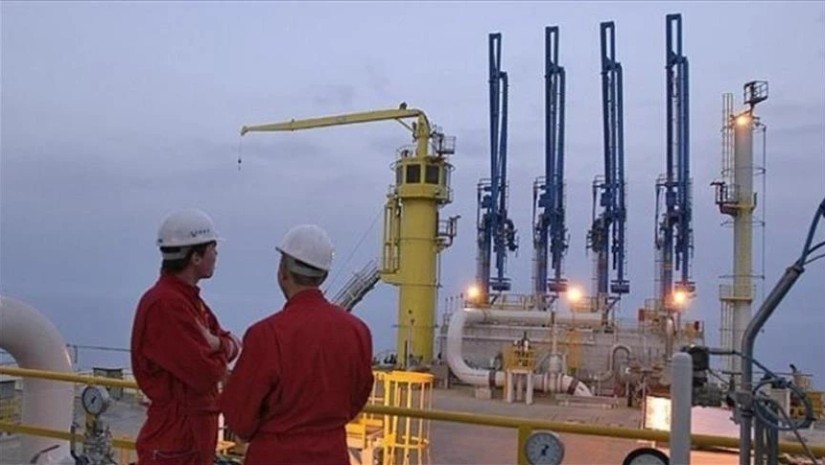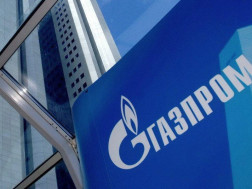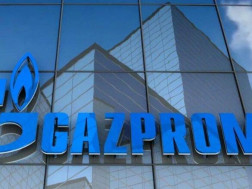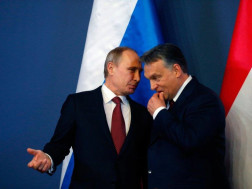Serbian President Aleksandar Vucic and Hungarian Foreign Minister Peter Szijjártó have reacted strongly to Bulgaria’s decision to introduce new, huge transit fees of €10.2 per MW/h of natural gas passing through the Bulgarian extension of the Turkish Stream gas pipeline to Western Europe – the so-called “Balkan Stream”.
Serbia and Hungary receive all quantities of Russian gas through the “Balkan Stream”, as do North Macedonia and Austria.
Bulgaria expects the new transit fees to generate additional revenues of €1.2 billion. The new fee is so high that it will pay off the construction of the Balkan Stream gas pipeline in just one year.
“This is a big problem for us. This will lead to a drastic increase in the price of gas by an additional €100 per 1000 cubic metres of gas. This is an appalling increase, and we will talk to the Bulgarian side. And this (decision) should not be valid for Serbia,” Serbian President Alexander Vucic commented on Saturday, quoted by Politika.
Vucic said he would discuss the matter with his Bulgarian counterpart, Rumen Radev.
The conversation with Radev and the Bulgarian government is unlikely to help because the new legislation was adopted by the Euro-Atlantic majority, which has been acting completely independently of the president and the government in matters related to Russia in recent months.
“Bulgaria decides on its own what fees to introduce for the transit of gas through its territory,” commented We Continue the Change MP Venko Sabrutev, who is part of the ruling majority.
He added that the gas pipeline is Bulgarian, and the state itself decides what the fees will be. “Hungary and Serbia should look for an alternative,” he told state television BNT.
Deputies from the other parties in the ruling coalition Democratic Bulgaria and GERB refused to comment to Euractiv on the matter because “the moment is not right”.
In April last year, Russia unilaterally stopped the supply of natural gas to Bulgaria, but the authorities in Sofia decided to leave the transit of blue fuel in the West to Hungary.
“This is a pan-European policy to reduce Russia’s income from the sale of natural gas, petroleum products, etc. We are part of the big European family that does not want the war in Ukraine to continue. We must use economic measures to stop Russia,” Sabrutev said.
According to Hungarian Foreign Minister Peter Szijjártó, the new Bulgarian fees are unacceptable and threaten European solidarity. A day ago, Hungary also complained about the increase in the price of oil transit through Ukraine.
Bulgarian energy experts doubt that the new legislation has been made to work effectively, but rather it is meant as a sign of Bulgaria’s hard pro-Western line.
This position is informally shared by some MPs from the ruling majority with whom Euractiv spoke. The energy expert from the Institute for Energy Management, Kaloyan Staykov, doubts that Bulgaria will receive something additional from the new fees.
“The new transit taxes on Russian gas are the same thing as the idea of taxing Russian oil company Lukoil’s windfall profits in Bulgaria… This all sounds very cool, but we don’t know how it will be implemented,” Staykov said. The reason is that it is impossible to obtain a certificate of origin for natural gas transported through a gas pipeline because it is a mixture of several sources.
Such a charge may be imposed on liquefied gas transported by tankers but not on the pipeline mix.
“It is almost impossible to obtain a certificate of origin for the gas that flows through the Balkan Stream. The issue is not political but technical. The Bulgarian parliament should have done the necessary research before making this decision,” Staykov commented for Euractiv.























